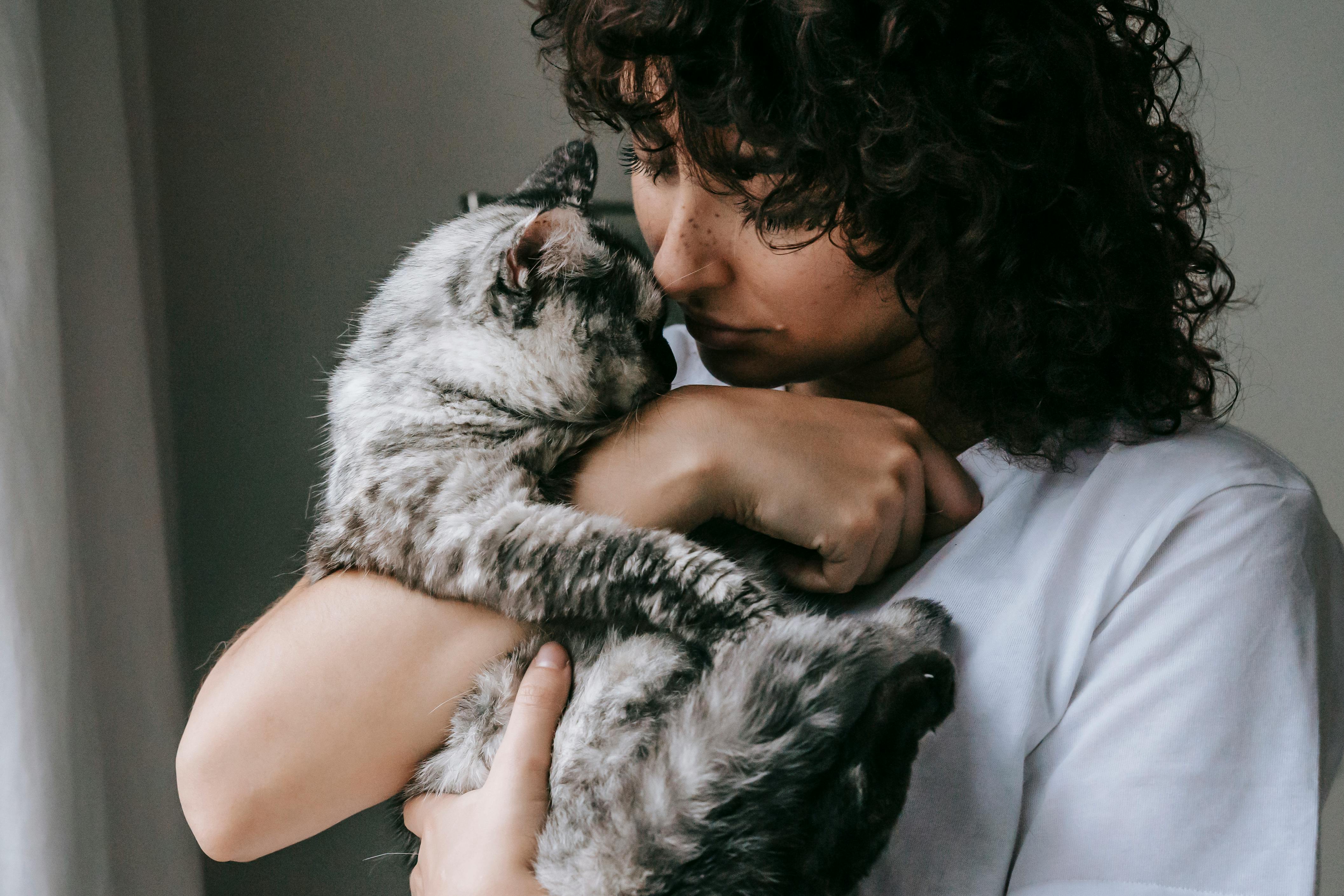With Memorial Day weekend finally here, pools everywhere are opening up and welcoming in the fun of summer. But unfortunately, we are not the only ones interested in enjoying the fresh crystal clear waters of our pools; so are raccoons. Surprisingly, raccoons love to drink pool water and sometimes even take a dip! Home and commercial property owners are generally disgusted with this nocturnal behavior, as the presence of raccoons can cause a whole list of problems.
ANNOYING RACCOON PROBLEMS
Not only do they poop all over the grass and around the edges of the pool deck, but dogs love to roll around in their poop, making for a very tedious and smelly impromptu toilet. Also, raccoons love to dig up grass for grubs, which can leave your yard looking like the aftermath of an activated minefield.
To make matters worse, the presence of raccoons puts your home or building at greater risk of infestation. Raccoons use attics, basements, porches, patios, decks, garages, sheds, and more for shelter. Regardless of the season, raccoons are always on the hunt for food, water, and shelter; a property with a swimming pool or other large body of water (ie pond, stream, creek, river, etc.) are a prime target for nuisance wildlife. Once inside, raccoons can cause a long list of structural damage and pose various health and safety risks to people and pets.
GET RID OF RACCOONS
The best way to protect your home or property from raccoons is to implement the preventive maintenance techniques necessary to keep them from appearing. If you want them to stop drinking your pool water, this is what you have to do:
Eliminate all food and water sources
Although you can’t remove your pool just to prevent wildlife interference, you can install a pool cover to prevent raccoons from accessing the water. Just be sure to cover your pool night after night, as raccoons have excellent memory skills and will remember that your property is no longer a viable source of water. Remove food and water sources such as pet food, squirrel feeders, and birdbaths. As for gardens, use fencing and pheromones to thwart the nuisance attraction of wildlife.
Make environmental modifications
You need to make certain changes to your facility if you don’t want to attract pesky raccoons again. There are several methods to choose from, including removing shelters and hiding places by adding locks and barriers, installing motion lights or automatic noise devices, and sealing any openings or spaces around the home or building.
You can also use ammonia. Raccoons don’t like the smell or presence of ammonia, which is also very present in their own urine, so they will stay away from it if they can. Simply dip the cotton balls in a bowl of ammonia and leave it right next to the areas where you notice the most activity. Just be careful not to inhale the ammonia yourself and remove it before your pets can smell it.
Contact a Professional Raccoon Abatement Company
If you’re not sure you can handle your pesky raccoon problem simply by applying the above recommendations, or if your problem persists despite your best efforts, you’ll need the help of a licensed and insured wildlife abatement company that can provide removal. safe and humane raccoon and control service
WHAT NOT TO DO
Never try to touch, catch, capture, harm or kill raccoons. Don’t set traps and don’t use anything poisonous or toxic. A professional wildlife reduction service is legally authorized to remove the animal and relocate it to a safe, remote habitat where it can live out the rest of its life in the wild. You could be heavily fined or prosecuted if you try to kill or capture a wild raccoon. Check with your state laws to learn your rights, or contact a licensed and insured wildlife abatement company for professional advice and up-to-date information.
